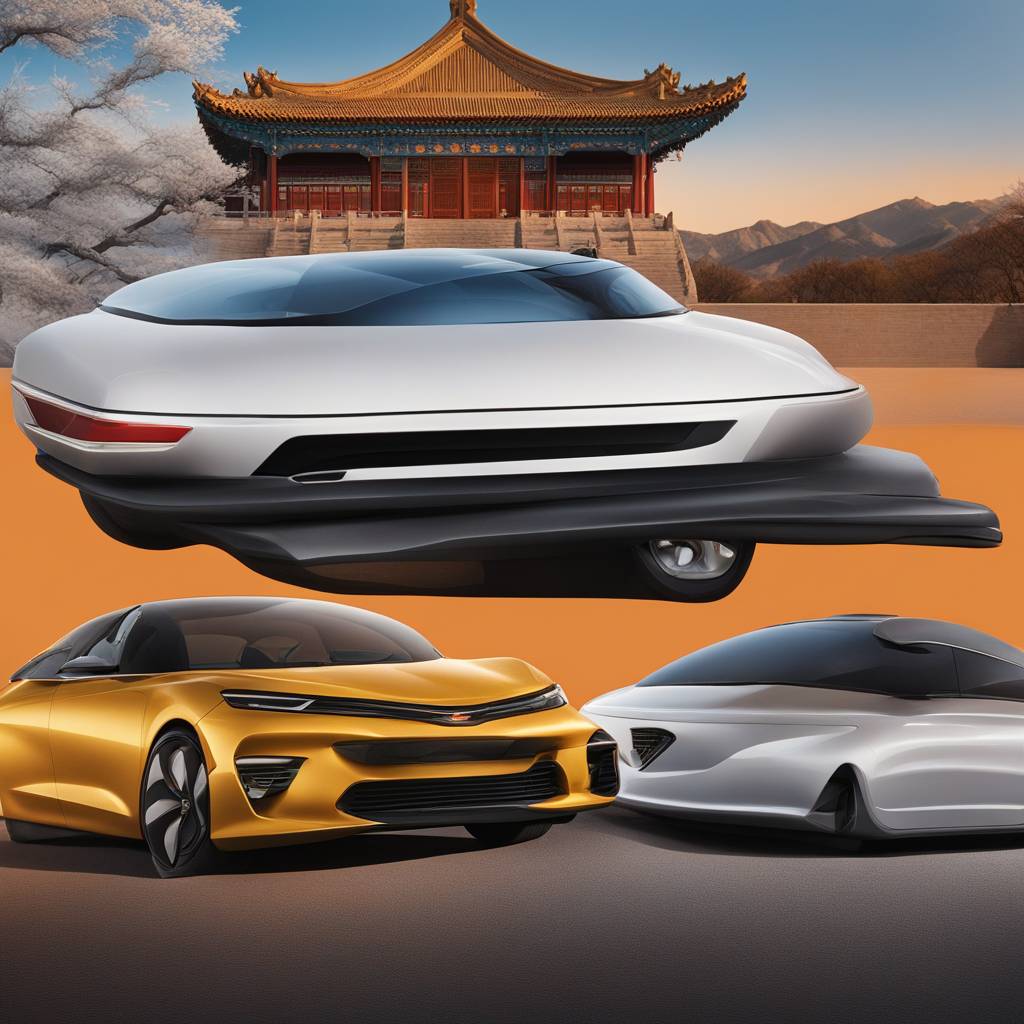China is looking to export its cheap electric vehicles to the United States, but U.S. Treasury Secretary Janet Yellen has raised concerns about China’s overcapacity in green technologies and the negative impact of their subsidies on American firms and workers. While some may argue that importing affordable, climate-friendly technologies from China could help address climate change more rapidly, the Biden administration views green tech from the perspective of industry, economic competition, and national security. President Biden sees climate policy as an opportunity to create high-paying manufacturing jobs in climate tech like electric vehicles, while Transportation Secretary Pete Buttigieg emphasizes the importance of ensuring that the EV revolution is made in America rather than China.
The dominance of China in the electric vehicle market poses a significant challenge to the U.S., with China controlling the entire EV supply chain and being the largest market for EVs globally. This has raised concerns about the U.S. falling behind in green technology and potentially facing risks related to national security and cybersecurity issues. As a result, U.S. policy towards Chinese green tech is likely to prioritize competition over cooperation and protection over openness. The Biden administration has no plans to lower tariffs on Chinese autos or make it easier for electric cars with Chinese components to qualify for tax credits.
Despite the political appeal of protectionist measures against China, there are risks associated with this approach. It could potentially slow down the clean energy transition in the U.S. by maintaining barriers that prevent the adoption of cheaper electric vehicles from China. Additionally, these protectionist measures may create tensions with U.S. allies and disrupt global trade relationships. However, framing decarbonization efforts around the threat posed by China could garner bipartisan support and lead to efforts to strengthen clean energy supply chains with trusted partners.
The intersection of climate policy, industrial policy, and foreign policy will become increasingly blurred as the Biden administration navigates the challenges posed by China’s dominance in green technology. Balancing concerns about jobs, security, and the environment will be a key challenge for policymakers going forward. While efforts to reduce dependencies on China and ensure a resilient clean energy system are important, it is crucial to ensure that the focus on competition and protectionism does not come at the expense of addressing climate change effectively. Ultimately, finding common ground and addressing these complex issues will be essential in shaping the future of green technology and sustainability.








